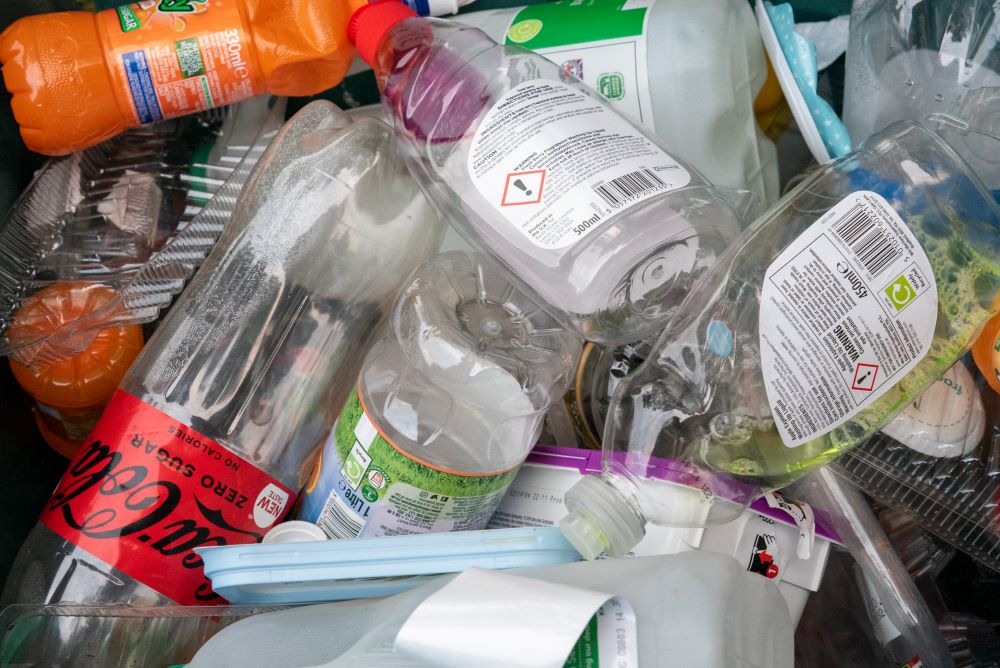The BIR, which represents more than 30,000 companies across the world, stressed in the paper that when and where EPR schemes are considered an absolute necessity, “recyclers must be involved in the governance bodies of such schemes to ensure an appropriate balance of interests among the most relevant stakeholders in the value chain”.
The association added that policymakers should first consider other instruments to increase circularity, such as making design for recycling mandatory and setting legally-binding recycled content targets. These measures can help to increase demand for recycled materials and level the playing field with extracted raw materials.

Susie Burrage OBE, president of the BIR, said: “BIR supports policy instruments to increase circularity, but it is imperative that EPR schemes must not disrupt existing efficient markets.
“They should be set up only when there is a need and only once the effectiveness and the intrinsic value of a material stream have been assessed.”
BIR
BIR describes itself as the international trade association of the recycling industries.
Around 70 countries are represented through their national trade associations and individual companies, which are involved in recycling. BIR comprises four commodity divisions: iron & steel, non-ferrous metals, paper and textiles, and has four commodity committees dealing with stainless steel & special alloys, plastics, tyres & rubber and E-scrap.
BIR director general Arnaud Brunet added: “BIR stands ready to engage with policymakers and authorities in their efforts to increase recycling rates and circularity.
“We believe that a well-designed EPR scheme, when necessary and combined with other policy instruments, can play a role in achieving a more circular economy.”











Subscribe for free